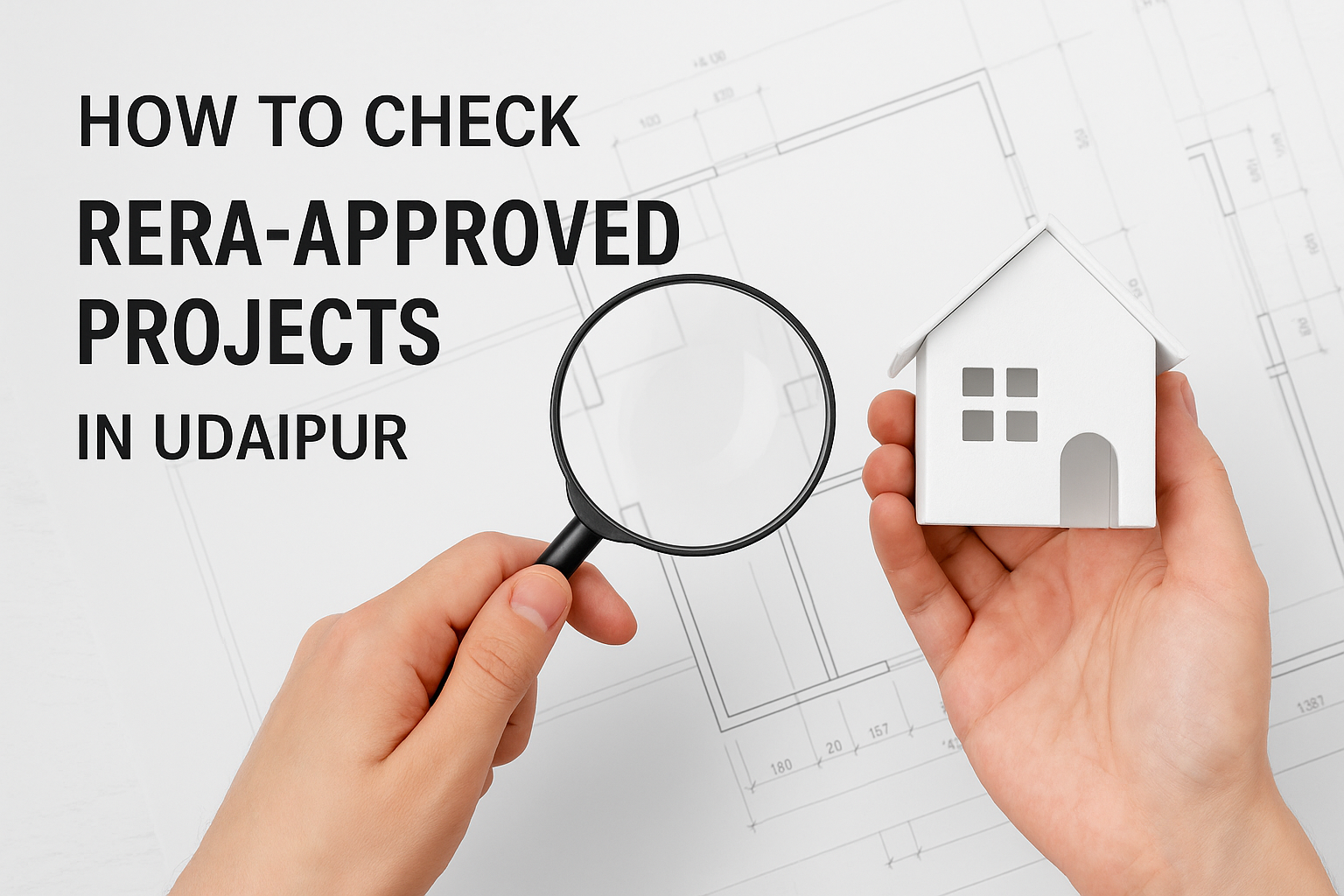
Buying a plot is a significant investment, and verifying the land title and property registration details is crucial to ensure a safe and legal purchase. A lack of proper verification can lead to disputes, legal issues, or even fraudulent transactions.
In this guide, we’ll cover how to check land title and property registration details to help you make an informed decision.
Why is Land Title Verification Important?
Before purchasing a plot, checking the land title ensures:
✔️ The seller has legal ownership of the property.
✔️ The land is free from disputes or encumbrances.
✔️ The property is registered as per government records.
✔️ No legal claims, mortgages, or unpaid dues exist.
Steps to Check Land Title and Property Registration Details
1. Verify the Sale Deed
A sale deed is the primary document proving ownership.
Ensure the deed is legally registered at the sub-registrar’s office.
Cross-check the seller's name with previous records to confirm ownership.
2. Check the Encumbrance Certificate (EC)
An Encumbrance Certificate ensures the property is free from legal claims, loans, or mortgages.
You can get the EC from the sub-registrar office or the official state land records portal.
The EC should show a clear history of ownership and transactions.
3. Review the Title Deed
A Title Deed proves the seller's right to transfer ownership.
Ensure the title is clear and marketable (i.e., no legal disputes or claims).
Verify if the land is in the seller's name and not jointly owned without consent.
4. Confirm Land Use and Zoning Regulations
Check the land use certificate from the local municipal office.
Ensure the plot is approved for residential, commercial, or agricultural use as per your requirement.
Verify zoning laws to avoid future construction issues.
5. Verify the Mutation Records
Mutation records update land ownership details after sale or inheritance.
These records are available at the local revenue department.
Ensure the property tax is updated under the seller’s name.
6. Check Property Tax Receipts and Bills
Ask for the latest property tax receipts, water, and electricity bills.
Ensure all dues are cleared and receipts match the seller’s name.
Outstanding dues may become a liability for the new owner.
7. Confirm the Land Survey Number and Plot Details
Every plot has a unique survey number recorded in land revenue records.
Cross-check survey numbers with official government records.
Verify dimensions, area, and boundaries to avoid encroachments.
8. Check Online Land Records (Bhu Naksha & Land Registry Portals)
Many states in India have online land records portals where you can check land ownership details.
Use state revenue department websites to access:
Ownership details
Survey numbers
Land records (Jamabandi, Khasra, Khatauni)
9. Verify Power of Attorney (If Applicable)
If the land is being sold via Power of Attorney (POA), verify its legality.
Ensure it is registered and not revoked or misused.
10. Consult a Legal Expert for Title Verification
Hire a property lawyer to review documents and ensure all legal formalities are completed.
A lawyer can help detect fraud, missing documents, or forged papers.
Conclusion: Secure Your Property Investment with KG Construction
Verifying land title and property registration details is essential to avoid legal issues and ensure a smooth property purchase. Always cross-check documents, verify online records, and consult experts before buying a plot.
If you're looking for trusted property solutions in Udaipur, KG Construction ensures legal compliance, verified plots, and hassle-free documentation. Make an informed decision with KG Construction and secure your dream property today!









Write a comment ...